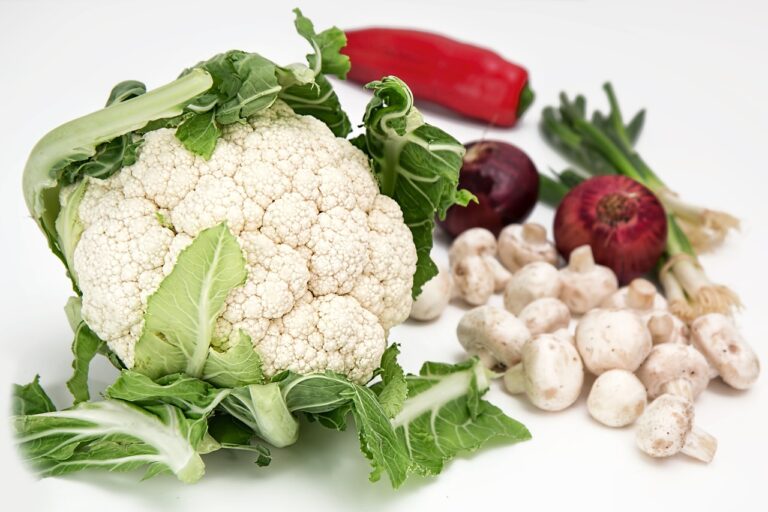The Role of Diet in Managing Chronic Obstructive Pulmonary Disease
play99exch, lotus exchange login, playexch.in: Chronic obstructive pulmonary disease (COPD) is a common and progressive lung condition that can greatly impact a person’s quality of life. While there is no cure for COPD, managing the disease through a combination of medication, exercise, and lifestyle changes, including diet, can help improve symptoms and slow down its progression.
The role of diet in managing COPD is often underestimated, but it can play a significant role in controlling symptoms and improving overall lung function. A healthy and balanced diet can help reduce inflammation in the body, strengthen the immune system, and provide the necessary nutrients to support lung health.
Here are some key dietary guidelines for managing COPD:
1. Stay Hydrated
Staying hydrated is crucial for individuals with COPD as it can help thin mucus in the airways, making it easier to breathe. Aim to drink at least 8-10 glasses of water a day and avoid sugary or caffeinated beverages, which can dehydrate the body.
2. Eat a Balanced Diet
Aim to include a variety of foods in your diet, focusing on fruits, vegetables, whole grains, lean proteins, and healthy fats. These foods are rich in vitamins, minerals, and antioxidants that can help reduce inflammation and improve lung function.
3. Limit Salt Intake
Excess sodium in the diet can lead to fluid retention and make breathing more difficult for individuals with COPD. Limit your salt intake by avoiding processed and packaged foods, and opting for fresh ingredients and herbs for flavoring instead.
4. Incorporate Omega-3 Fatty Acids
Omega-3 fatty acids found in fatty fish, flaxseeds, and walnuts have anti-inflammatory properties that can help reduce inflammation in the lungs. Include these foods in your diet regularly to support lung health.
5. Watch Your Weight
Maintaining a healthy weight is important for individuals with COPD, as excess weight can put strain on the lungs and make breathing more difficult. Aim to eat a balanced diet and exercise regularly to achieve and maintain a healthy weight.
6. Avoid Gas-Producing Foods
Certain foods like beans, cruciferous vegetables, and dairy products can produce gas in the stomach and increase bloating, which can make breathing more difficult for individuals with COPD. Limit these foods in your diet or opt for smaller portions to reduce discomfort.
7. Seek Professional Guidance
It is important to consult with a healthcare provider or a registered dietitian before making any significant changes to your diet, especially if you have COPD. They can provide personalized recommendations based on your individual needs and help you create a diet plan that supports your overall health and well-being.
In conclusion, diet plays a crucial role in managing COPD and supporting lung health. By following these dietary guidelines and making healthy food choices, individuals with COPD can improve their symptoms, enhance their quality of life, and slow down the progression of the disease.
FAQs
Q: Are there any specific foods I should avoid if I have COPD?
A: While there are no specific foods that individuals with COPD need to avoid entirely, it is recommended to limit the intake of processed foods, sugary beverages, salty snacks, and gas-producing foods to manage symptoms effectively.
Q: Can dietary supplements help improve COPD symptoms?
A: While dietary supplements can be beneficial for individuals with COPD, it is important to consult with a healthcare provider before taking any supplements. Some supplements may interact with medications or exacerbate symptoms, so it is best to seek professional guidance.
Q: How can I incorporate more fruits and vegetables into my diet if I have COPD?
A: You can incorporate more fruits and vegetables into your diet by including them in smoothies, salads, soups, and stir-fries. Aim to have a variety of colorful fruits and vegetables to ensure you are getting a wide range of vitamins and antioxidants to support lung health.







